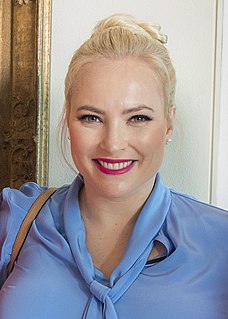A Quote by Christopher Hitchens
It's normally agreed that the question 'How are you?' doesn't put you on your oath to give a full or honest answer.
Related Quotes
You are also asked to take an oath, and that's the oath of service. The oath of service is not to secrecy, but to the Constitution - to protect it against all enemies, foreign and domestic. That's the oath that I kept, that James Clapper and former NSA director Keith Alexander did not. You raise your hand and you take the oath in your class when you are on board. All government officials are made to do it who work for the intelligence agencies - at least, that's where I took the oath.
If you have a little inteligence, sooner or later the question is bound to arise: What is the point of it all? Why? It is impossible to avoid the question for long. And if you are very intelligent, it is always there, persistently there, hammering on your heart for the answer: Give me the answer! - Why?
In the Marquette Lecture volume, I focus on the question in the title. I emphasize the social and political costs of being a Christian in the earliest centuries, and contend that many attempts to answer the question are banal. I don't attempt a full answer myself, but urge that scholars should take the question more seriously.
So many writers come to class with one question dominant in their mind, 'How do I make a living from this?' It's a fair enough question and one I always try to answer well- but it saddens me that it so often overshadows the more relevant questions of 'why am I writing' and 'what am I saying' and 'how do I keep it honest.



































